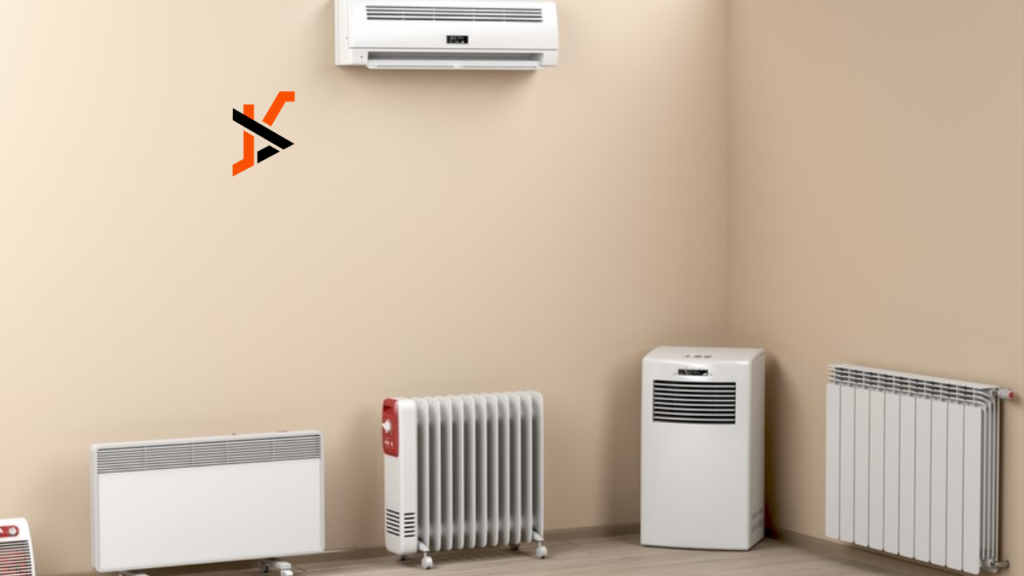In recent years, the quest for efficient and flexible heating solutions has led to the growing popularity of electric radiators. As an innovative alternative to traditional heating systems, electric radiators offer homeowners an energy-efficient way to heat individual rooms, reduce energy consumption, and enhance comfort. This article delves into the advantages of electric radiators and why they might be the ideal choice for your home.
The Rise of Energy-Conscious Choices
With the ongoing battle against climate change, energy efficiency has become a focal point for many households. Conventional heating systems, relying heavily on fossil fuels, have significant environmental impacts. Homeowners and renters alike are becoming more conscious of their carbon footprints, seeking green and sustainable heating alternatives. This shift has paved the way for electric radiators, which cater to both environmental sensibilities and economic considerations.
Why Choose Electric Radiators?
Electric radiators offer a tailored approach to heating with their ability to adjust to individual room requirements. This means heating is no longer an all-or-nothing scenario, allowing for precise temperature control wherever it’s needed. Coupled with programmable thermostats, electric radiators can be easily set to heat rooms at specific times, ensuring warmth is delivered when needed while avoiding energy wastage during off-peak times.
Besides their efficient functionality, electric radiators contribute to a cleaner aesthetic that complements modern home design. Many models feature sleek, contemporary designs with minimalist appeal, making integration into various interior styles seamless. Different finishes and colours offer customization options, letting homeowners match radiators with their décor effortlessly.
Installation and Versatility
The installation of electric radiators is a straightforward process, avoiding the need for extensive plumbing or boiler systems. This convenience is particularly advantageous in properties where traditional heating systems are not feasible, such as in high-rise buildings or historic homes with preservation concerns. Furthermore, they can be installed quickly compared to traditional systems, reducing labour costs and time.
Electric radiators also boast incredible versatility. Whether you’re looking to supplement an existing heating system or seeking a solution in off-grid locations, electric radiators are adaptable. They are highly portable and can be moved to different rooms as needed, offering a level of flexibility unmatched by central heating systems.
Limitations to Consider
While there are many benefits to opting for electric radiators, potential limitations should be considered. For instance, electric radiators typically have higher per-unit electricity costs compared to gas heating. Thus, it’s important for homeowners to assess the electricity tariffs available and potentially choose off-peak usage where possible to counterbalance these costs. Additionally, homes located in areas with unreliable power supply may find themselves at a disadvantage during power outages.
Conclusion
As the world gravitates towards sustainable energy solutions, electric radiators represent a forward-thinking option for home heating. They provide not only efficiency and modern convenience, but also align with the evolving needs of the eco-conscious homeowner. Whether you’re renovating an existing home or planning a new build, considering electric radiators as part of your heating strategy could prove a wise decision. Balancing the initial costs with long-term benefits, these modern heating solutions continue to redefine what comfort means in today’s homes.

